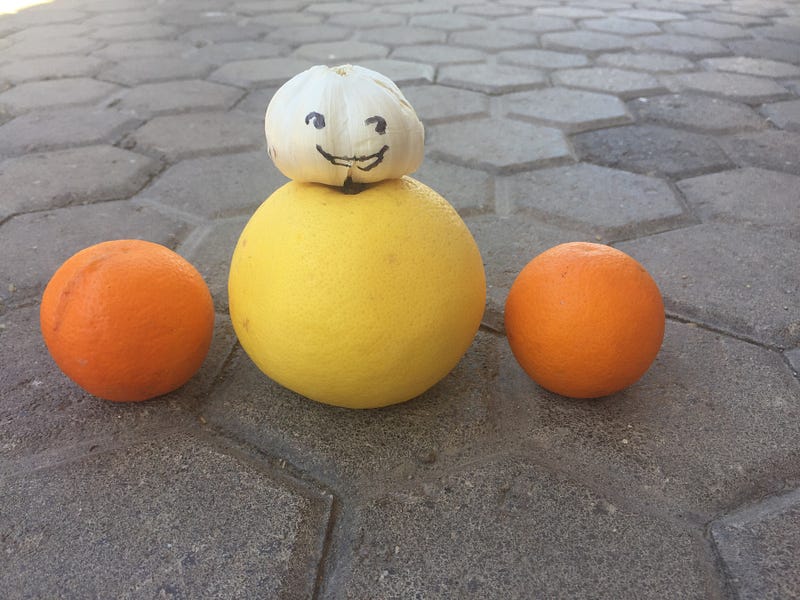Exploring the Role of Food in Pandemic Preparedness and Health
Written on
Chapter 1: The Intersection of Food and Health
Food has long been regarded as a form of medicine, a belief supported by both traditional knowledge and emerging clinical studies. However, why do experts hesitate to endorse specific foods, aside from the general advice to consume more vegetables, in the fight against illness?
Recently, I came across an insightful article by Tara Parker-Pope in the New York Times titled “Can I Boost My Immune System?” Her response was an emphatic yes, underscoring that factors like sleep, stress management, and Vitamin D are more critical than individual foods or supplements. Regarding items such as garlic, citrus fruits, turmeric, and oregano oil, she noted: “There are small studies suggesting some benefits, but robust evidence is absent.” Parker-Pope cautioned that while these foods may not be harmful, it’s essential for the public to remain vigilant against unsubstantiated health claims.
While I agree that skepticism towards unverified health information is essential, many detractors dismiss food as medicine based solely on the absence of conclusive evidence. This often leads to the misunderstanding that “no benefit” equates to “no evidence of benefit,” creating unnecessary confusion. This mindset could potentially obscure a cost-effective avenue for health solutions that might be crucial during challenging times like the current pandemic.
The Potential of Food as Medicine
Certain foods like garlic, oregano, and citrus fruits exhibit promising potential, yet rigorous scientific validation is lacking. A Cochrane review evaluated the efficacy of garlic for alleviating the common cold, amalgamating data from eight studies, but only one was deemed sufficiently rigorous. Additionally, a 2014 study published in the Journal of Applied Microbiology demonstrated oregano oil's effectiveness against norovirus, yet significant clinical trials to assess its role during illness remain absent. Despite the considerable buzz surrounding Vitamin C, a 2019 meta-analysis indicated some advantages in reducing the duration of respiratory infections among children, but the authors called for “further trials with greater statistical power.”

It's crucial to prioritize these further investigations with enhanced statistical power. If preliminary studies hint at food-based remedies' benefits, why not make it a public health initiative to conduct more thorough randomized controlled trials (RCTs) to confirm the efficacy of foods like garlic for immune support?
Food generally presents a more economical option compared to pharmaceuticals. Should any of these foods prove beneficial through rigorous research, it could alleviate pressure on individuals and the healthcare system alike.
Barriers to Researching Food as Medicine
Several obstacles hinder the exploration of foods for their medicinal properties. First, the profit margins associated with marketing foods as medicine are minimal, as generic alternatives exist for most food items. Conducting comprehensive RCTs can require substantial financial investment. Even if a spice company finances studies to validate its oregano oil, competing brands could easily leverage this research without incurring similar costs.
Moreover, standardizing foods for rigorous testing poses challenges. For instance, measuring the antioxidant levels in garlic can vary significantly due to differing agricultural conditions. Additionally, the same food item may affect individuals differently; research from 2019 indicates that even identical twins can have varying responses to the same dietary intake, such as differing blood sugar levels after consuming identical meals.
Nevertheless, the absence of funding for robust food-as-medicine research may inhibit the public's access to potentially life-saving options. The foods in question have existed long before our contemporary medical systems. It’s time to prioritize their examination in the interest of public health, particularly ahead of future pandemics.
Chapter 2: The Role of Home-Grown Food in Health
This video, "PANDEMIC: How Growing Your Own Food Can Help," explores how cultivating your own food can enhance personal health during crises.
In the video "Why The U.S. Probably Won't Run Out Of Food During Coronavirus," experts discuss the resilience of the food supply chain amidst challenges.